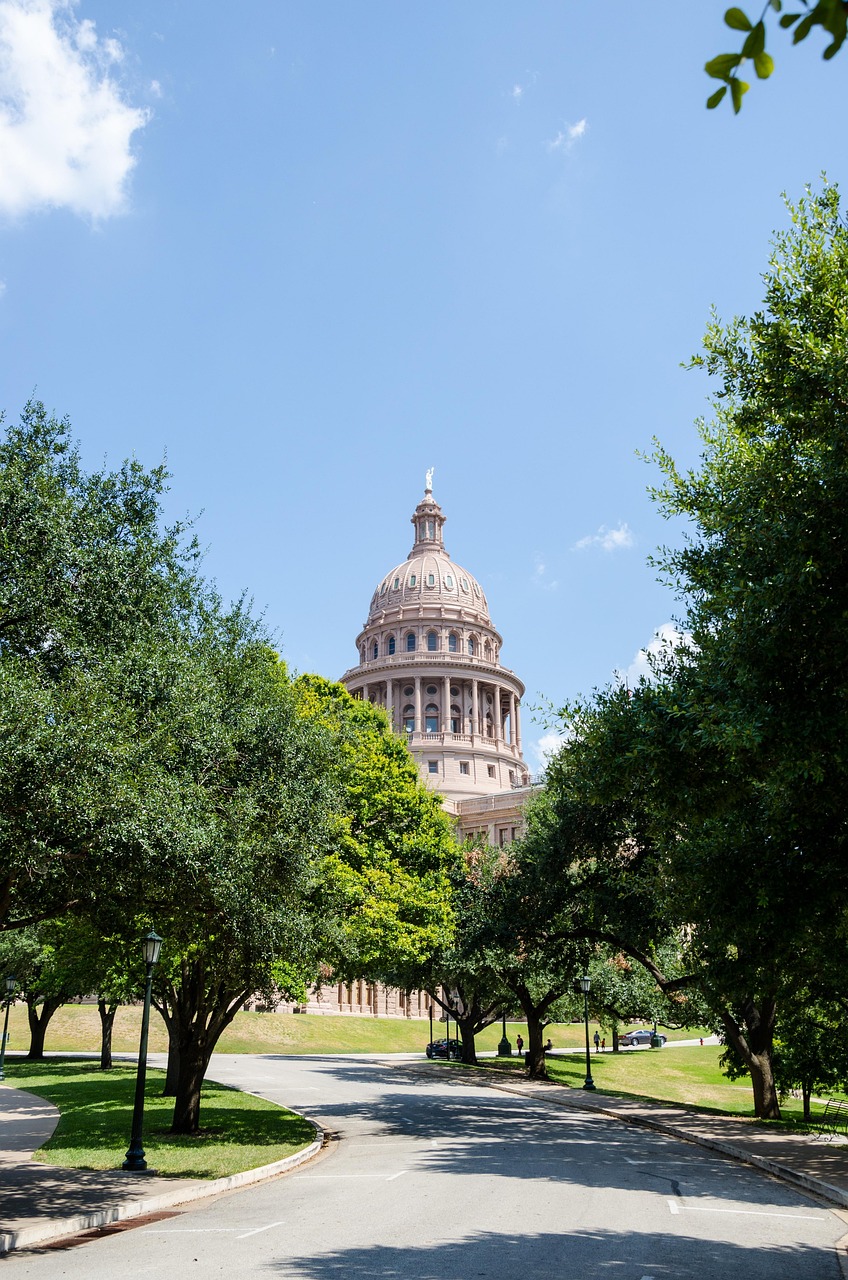
In the thick Texan summer, with humidity heavy as molasses and tempers to match, a cadre of Democratic lawmakers bolted from the Texas Statehouse and hit the road. Charter buses rumbled out of Austin, destination unknown—though, thanks to a quick round of press conferences and a couple dozen smartphones trained on departing taillights, their escape would soon become national news. The mission: torpedo a quorum, scuttle Republican voting reforms, and ignite a political brushfire stretching far beyond state lines.The spectacle could have played out as a footnote in the American sideshow—if not for its echoes booming through cities like Chicago, where democracy has been both forged and, at times, finessed with big-city gusto. While Texas politics might feel as distant as a rattlesnake raiding a corn crib, the heartbeat of this standoff—the push and pull over who votes, who counts, and who holds power—thrums in rhythm with the Windy City.
Chicago's Own Quorum Ghosts
There's a wry joke passed around in certain South Side circles: "If you want to understand politics, don't watch C-SPAN—go ride the 'L' after a hotly contested city council vote." Chicago knows a little something about legislative standoffs of its own. City hall has seen its share of walkouts, lockouts, and bare-knuckle deals, as aldermen have used absence—and presence—as blunt negotiating tools.
But the Texas standoff ups the ante. It's not just legislative maneuvering; it's democracy on the run, lawmakers-turned-fugitives bunkered down in hotel rooms, smuggling Instagram updates past the watchful eyes of state troopers. For Chicagoans, whose city remains a touchstone for both voting rights and machine politics, the saga draws a line connecting smoke-filled backrooms to the prairie winds of Texas.
"I see it as part of the same fight we've been having since Reconstruction," says Dr. Angela Thomas, a historian at DePaul University. "When the rules are rigged and the stakes are high, sometimes you break the rulebook."
Democracy, Disrupted
At stake in Texas was a raft of new voting restrictions—limits on mail-in ballots, stricter ID requirements, a clampdown on 24-hour and drive-through voting. And, as practical as these may sound to some, the subtext was never subtle: a move to rein in turnout after 2020's unprecedented surge and, perhaps, recalibrate the political map for years to come.
For Chicagoans, raised on stories of impossible lines at polling places or haunted by memories of questionable ward redistricting, the headlines were more than déjà vu. They were reminders that access is everything—and that the machinery of participation is both precious and precarious.
Take Enrique Morales, a political science student at UIC. He watched the Texas story unfold over late-night study sessions and shaky Zoom calls. "It made me think: What would happen if they tried that in Illinois?" he says. "We always think we're immune, but these moves spread. You have to stay alert."
Fight, Flight, and Fallout
Of course, running away is never a permanent solution. The Texas lawmakers played for time, betting that pressure and publicity would either soften GOP resolve or galvanize federal action. Back in Chicago, where activism is as much birthright as burden, local organizers like the Chicago Votes coalition seized the moment, launching teach-ins and pop-up registration drives.
"We have our own battles," says coalition leader Jalen Kennedy. "But seeing Texas reminded people: if your vote didn't matter, they wouldn't try so hard to take it away."
Not everyone in Chicago is on one side of the see-saw, though. Some local conservatives viewed the Texas exodus as a dereliction of duty or, worse, a publicity stunt masquerading as principle. But even staunch critics secretly marveled at the spectacle—a living, breathing civics lesson, unfolding in real-time.
The Ripple Effect
From the leafy blocks of Lincoln Park to roast beef dives in Bridgeport, the story sparked deeper conversations: What tactics are fair in a system already tilted? Is it noble to break away, or a dereliction of the social contract? And, perhaps most urgently for Chicagoans, what happens when the next big legislative punch lands closer to home?
The standoff, after all, isn't just about Texas—or some abstract constitutional wrangle. It's about how far people will go to defend (or redefine) the rules, and how each city, each street, draws the line.
In a city where ballots have sometimes vanished, and where turnout can swing on the kind of gray, rainy morning only Chicago can deliver, the lesson is clear: vigilance is never out of style, and democracy, for all its noise and mess, is nothing if not alive.
As the dust settles in Texas, Chicagoans return to their own battlegrounds. But, somewhere amid the steely clang of the 'L' and the wind off Lake Michigan, the message lingers: sometimes, the most powerful act is simply refusing to show up—and making sure the world notices.